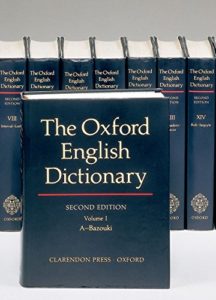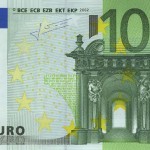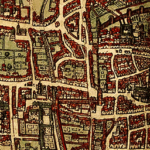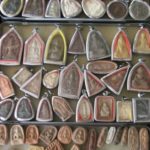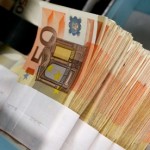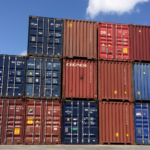The Power of Dictionaries?
Following the recent post about the use of dictionaries, I wanted to suggest the following ‘light’ article that cautions us that these devices are of course not ‘value-neutral’. https://www.sapiens.org/language/dictionary-prejudice/
A more insightful discussion about the ideologies of dictionaries and their usefulness for anthropology in the 21st century, can be found in a recent article by anthropologist, Christine Jourdan. Jourdan.pdf. Jourdan reveals the challenges she faced when trying to compile a dictionary of Pijin of the Solomon Islands.
I have listed some provocative passages from her writing below:
-‘What does it mean to decontextualize oral narratives into texts that are recontextualized according to the authors’ cultural world? What
does it mean to freeze a language in a book and to list it by words according to an alphabetic order?’ (p.287)
– ‘A dictionary is an artifact of literate societies that stores knowledge outside of people’s memory, while formalizing this knowledge for further access: classifications, imposing grammatical categories, ordering, analyses, and so on. Another point is worthy
of consideration: a dictionary of a yet unwritten language, as with any other efforts of codifying it, is typical of the colonial linguistics that have accompanied European colonial expansion: it seeks to control the language and to put some order in it as if to shape it to Westerners’ expectations of what a language is or ought to be.’ (p.287)

